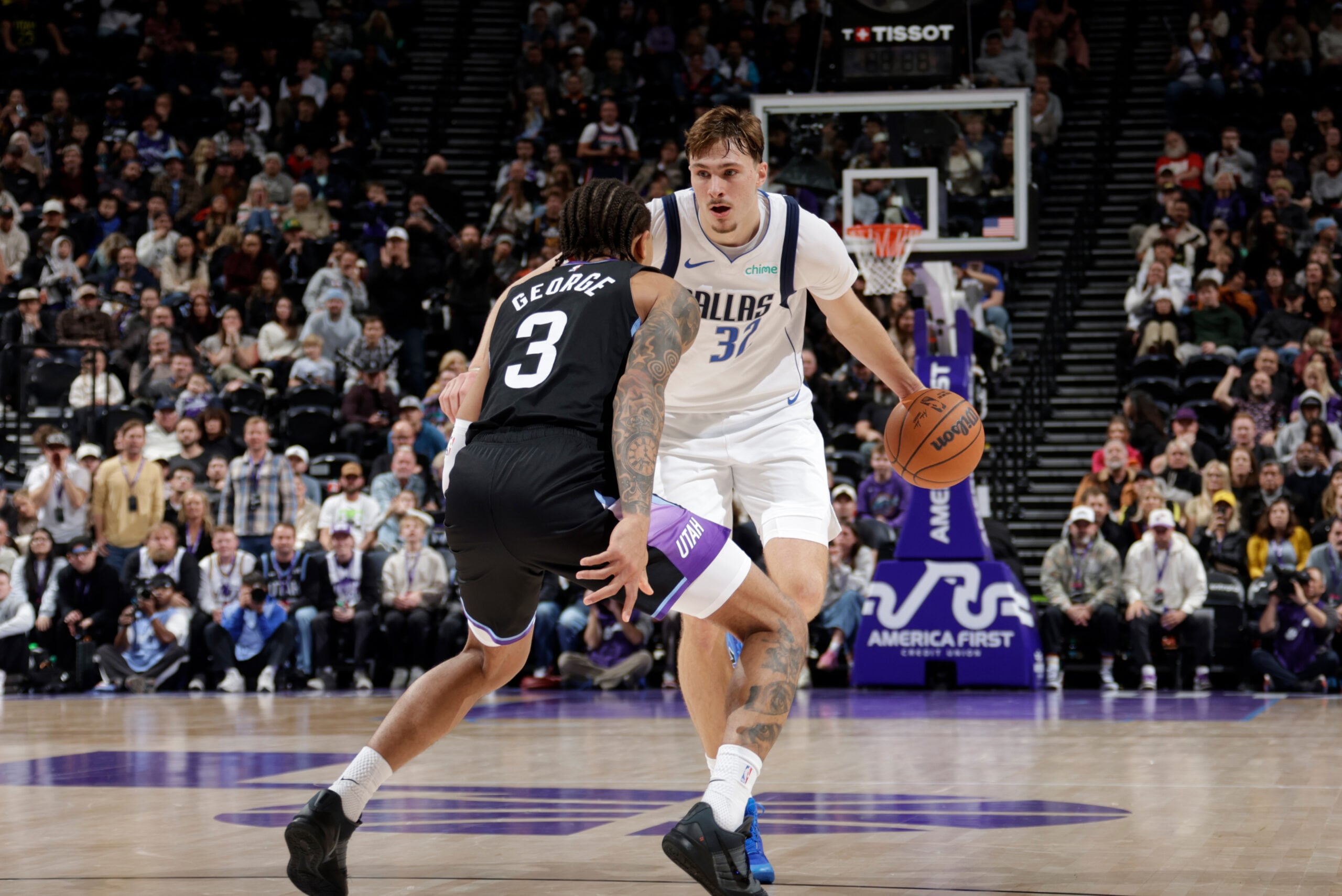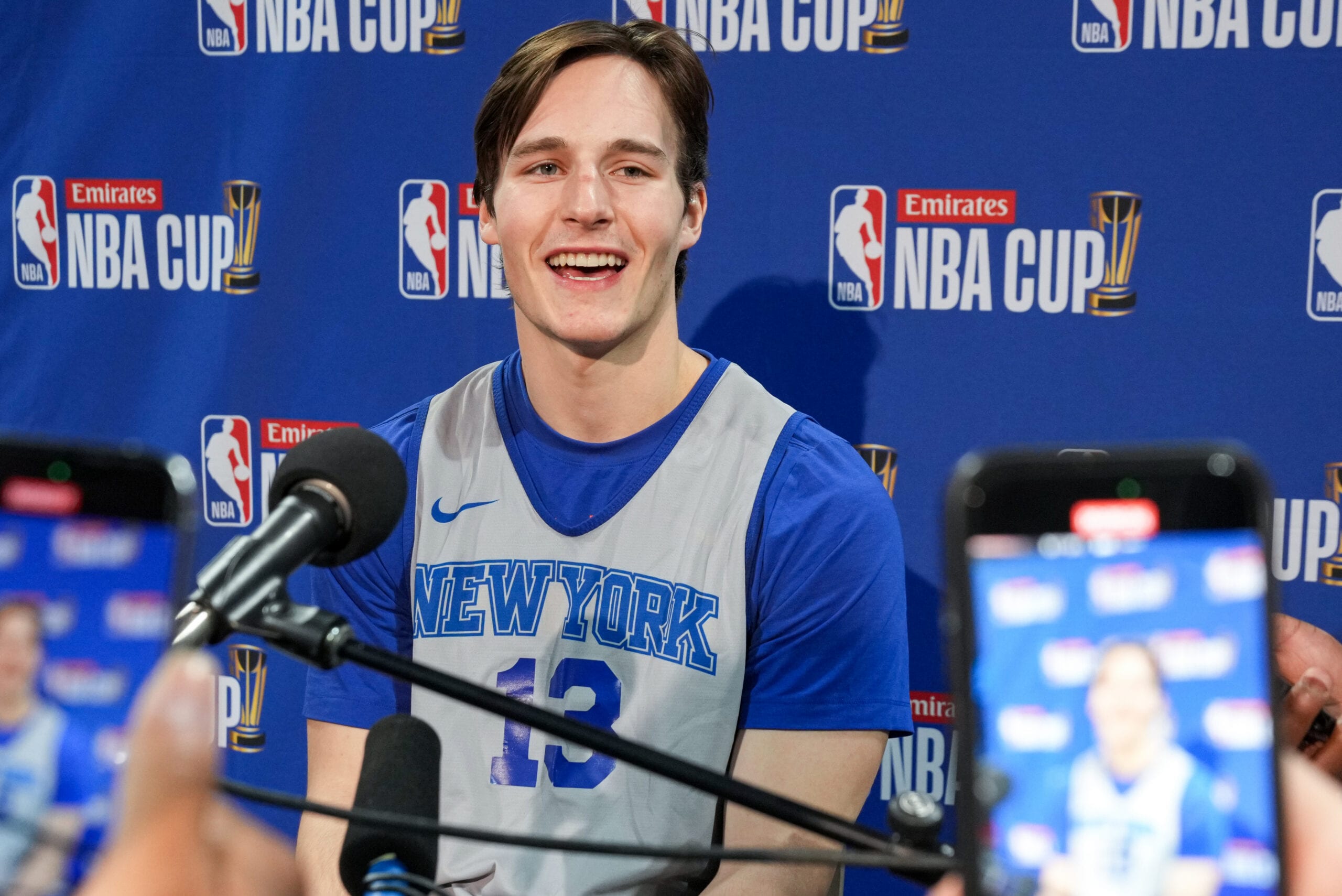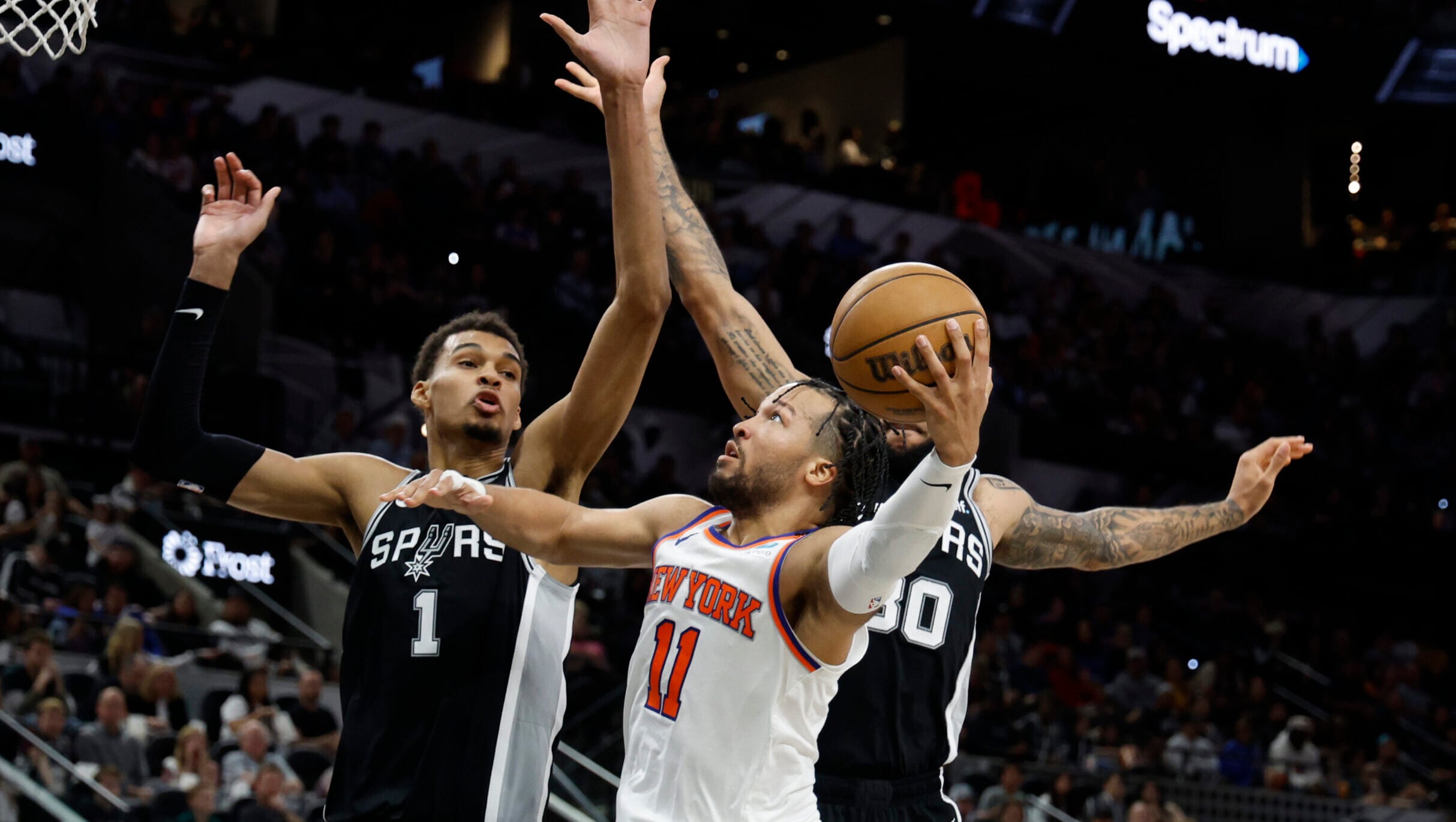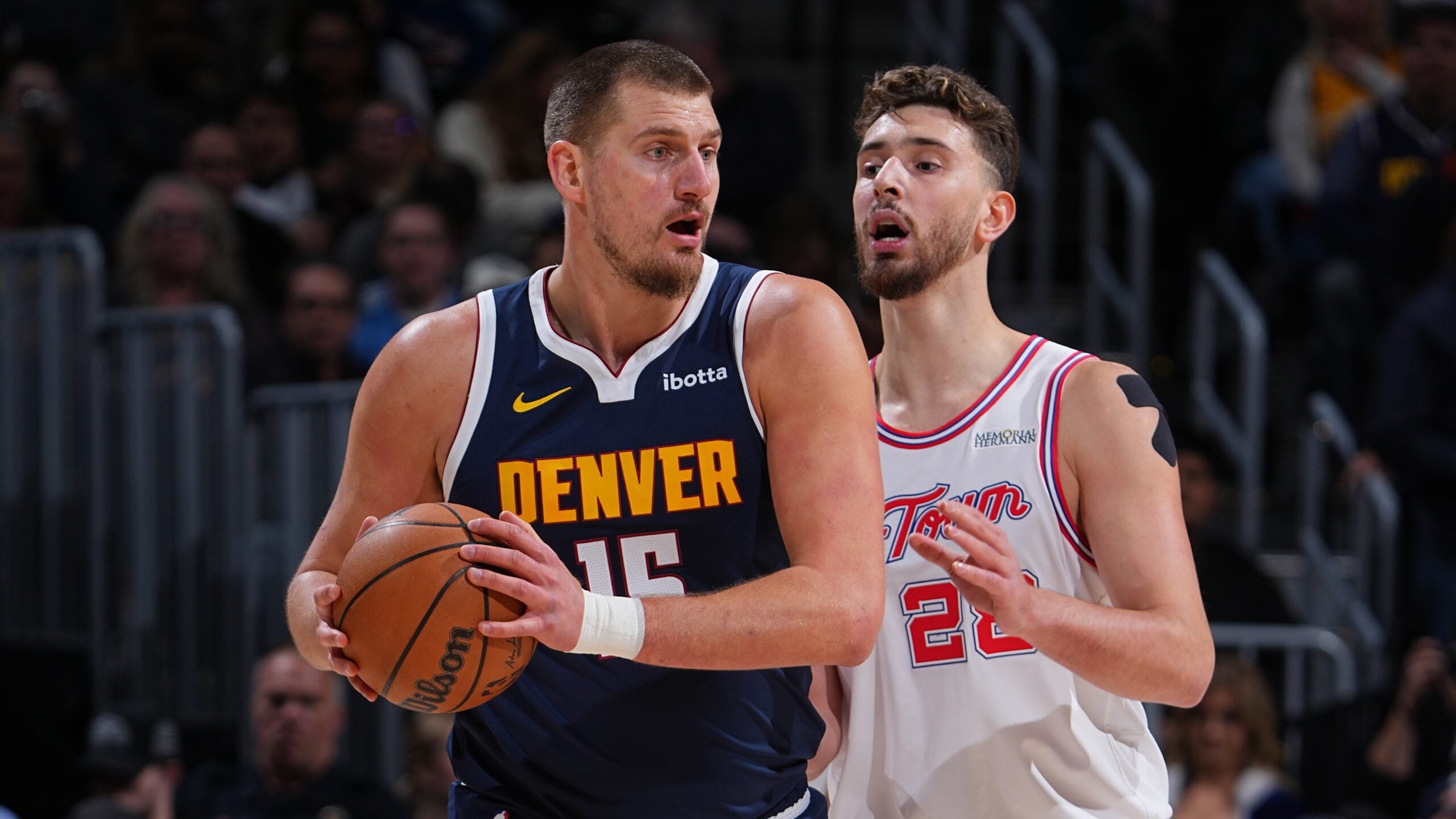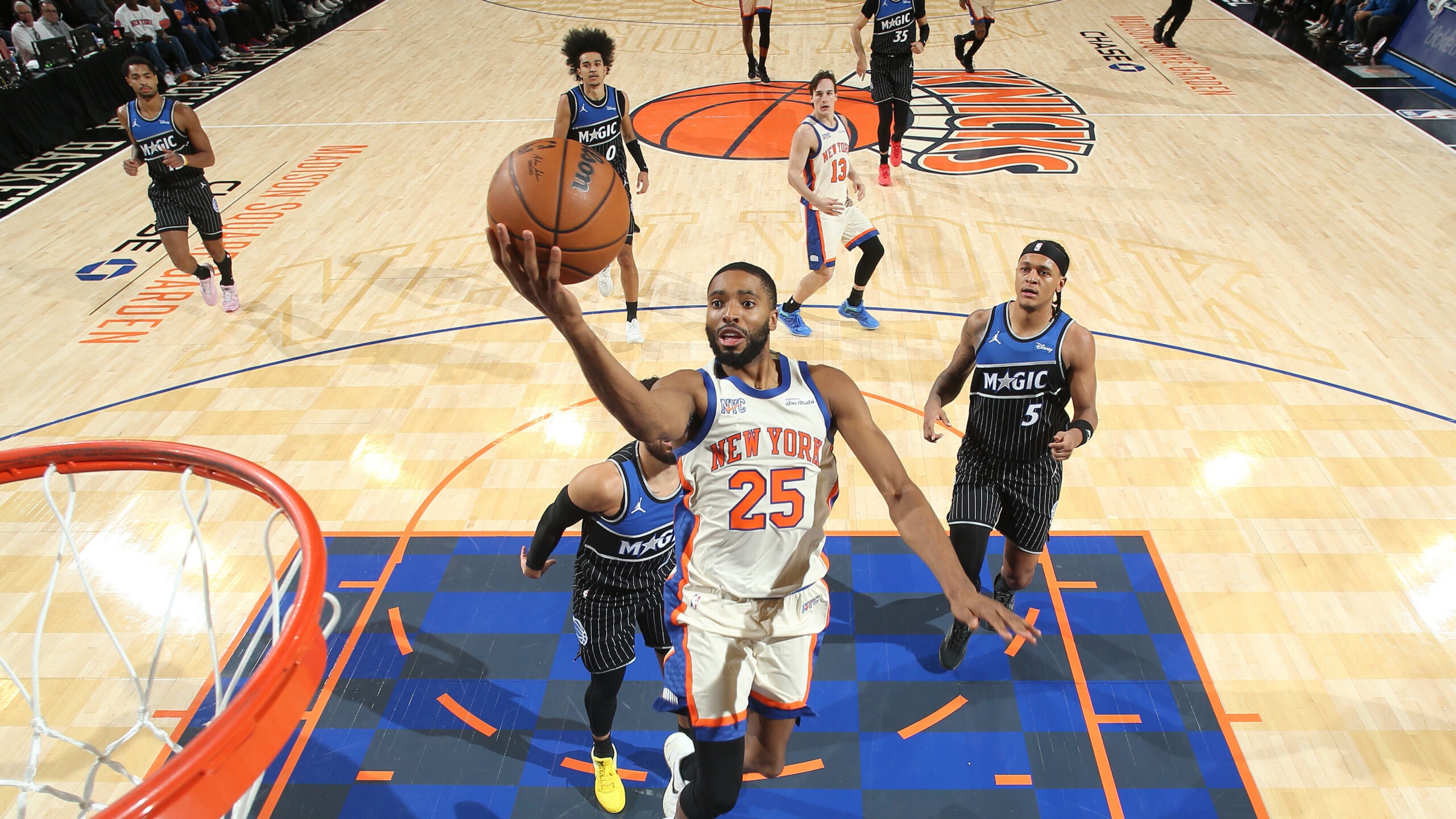
The prospect of Kevin Garnett holding a majority or even a minority stake in the Minnesota Timberwolves is intriguing for both micro and macro reasons.
Longtime owner Glen Taylor, 79, recently acknowledged he has put the franchise on the market and Garnett became the most beloved and popular potential buyer the moment word got out he was interested.
The 7-foot Hall of Famer is the best player in team history as he and the Wolves spent 12 successful, frustrating and highly entertaining seasons together (1995-2007). His trade to Boston got Garnett his championship ring and redefined his legacy. But neither time nor some recent bad blood with Taylor has ever diluted his “I’m ‘Sota” feelings about the state.
Garnett would provide an instant link to the franchise’s stretch of success: eight consecutive playoff appearances, a 2004 Western Conference finals run and a .526 winning percentage from 1997-2004. (Minnesota’s record before his arrival: .256 (105-305). Its record since “prime KG” left in ’07: .342 (353-679).)
We’re not going to count his victory lap/homecoming of 43 games from 2015 to 2016, when Garnett was on his last legs and the seeds of his future ownership role were initially planted.
That plan, with the star player buying into an investor group featuring coach and President of Basketball Operations Flip Saunders, unraveled when Saunders died in October 2015 from complications of Hodgkins lymphoma. Taylor turned to other minority partners with an eye on future succession, leaving Garnett to slow-burn in feeling betrayed.
In April, Garnett referred to Taylor as a “snake [bleep],” vowing to never do business with him or even participate in having his No. 21 jersey retired in Target Center’s rafters. But in the wake of the news of Taylor’s interest in finding a buyer, a more conciliatory KG emerged on social media.
No two people love the city more than myself
and Glen Taylor and I look forward to trying to work with him to
achieve my dream. (2/2)— Kevin Garnett (@KevinGarnett5KG) July 21, 2020
It would be a feel-good story when the Wolves, the NBA and Minneapolis need one. The franchise has missed the postseason in 15 of the past 16 attempts. The league is in the midst of tumult, financially and competitively. And the killing of George Floyd by Minneapolis police May 25 ignited the city as a national hot spot of unrest.
The league has since voiced its intentions to hire more minorities into the coaching and management ranks, and commissioner Adam Silver has expressed a desire for more African-American ownership. Only NBA legend Michael Jordan is the sole Black majority owner, and he had to go back to his North Carolina roots to purchase the Charlotte Hornets.
Garnett, if bidding successfully with a group of partners, would end up running the franchise with which he’s most closely identified.
There is a long way to go, as Taylor weighs offers from multiple groups over the next month or longer with the help of merchant bank Raine Group. The Wilf family that owns the NFL’s Minnesota Vikings apparently is not interested, but several other suitors exist. Some perhaps have deeper pockets than Garnett, who for a season or two longer will rank as the highest paid player in NBA history (nearly $344 million in salary).
Taylor has pledged to stipulate in any sale that the Wolves will stay in Minnesota, which might aid Garnett’s pursuit. Until there’s an agreement with anyone, though, here are five things for Garnett to seriously consider before he cuts a deal:
1. Be careful what you wish for
These are, after all, the Timberwolves, one of the most woebegone franchises in U.S. sports history.
The Wolves passed on Stephen Curry and dealt Ray Allen on draft night 1996 for Stephon Marbury. They established themselves as the lottery’s unluckiest perennial participant, losing out on Shaquille O’Neal and Alonzo Mourning in 1992 for the consolation prize of Christian Laettner.
The Wolves so coveted Joe Smith in 1999 that they wound up losing three first-round Draft picks and paying a $3.5 million fine as penalties for their salary-cap circumvention. They traded Kevin Love for Andrew Wiggins and then handed the underperformer a $146 million contract extension based on little more than Taylor’s Larry David-like look deeply into Wiggins’ eyes. A few months earlier, they’d shipped out Zach LaVine, Lauri Markkanen and Kris Dunn for 74 games of Jimmy Butler.
Impressive NBA names have passed through the organization, including Garnett, Love, Kevin McHale, Saunders, Rick Adelman, Jack McCloskey, Tom Thibodeau and several more. Yet it barely has mattered.
Taylor’s most appreciated move by Wolves fans was buying the franchise at all. He purchased it for $88 million in 1994, stepping in amid rumors of a sale to a New Orleans group. McHale, Saunders and Garnett arrived soon thereafter, bringing that one extended run of success. Since then, only one playoff appearance (in 2018). A 29th ranking in attendance this season, and only three finishes higher than 24th in the previous 14 years.
In the decade since Jordan bought the Hornets, that team has made the playoffs just three times and is a cumulative 147 games under .500. Jordan bought in at a price of $275 million too, nearly a billion dollars less than what Garnett or whomever might have to spend. That’s a lot of stupefying inertia and mediocrity.
2. If Taylor is selling, do you really want to be buying?
These are the most uncertain times the NBA has faced in a long while. Even the labor lockouts of 1998 and 2011 that cost the league hundreds of games and billions of dollars were business as usual, more or less, because the eventual resolutions were largely in the hands of the owners and the players. Those two seasons started late but ended traditionally, with no real shift in the sports calendar. Fans were poised and ready for the NBA to return, so they did too, picking up their ticket-buying and TV-viewing habits almost where they’d left off.
This time, challenges abound. Not since the 1970s and early ‘80s has the NBA’s future been so uncertain. The disruption of the coronavirus shutdown across most sports has broken fans’ habits, and it’s summer now. Spectators still aren’t allowed into arenas and might not be in 2020-21, whenever that starts.

Fold in elements of the current social turmoil and that prompts even more questions. Certainly, it portends a seismic shift in revenue expectations and future earnings.
Even with a hometown discount to Garnett, it’s important to remember that Taylor did not become a billionaire three times over by buying or unloading assets at the wrong time. He has been, according to many who know him, as ruthless in the business world as KG was on basketball courts.
Game better recognize game.
3. ‘The Process’ has begun
Nobody officially calls it ‘the Process’ in Minnesota because of the derision that label eventually received in Philadelphia. Whatever you call it, though, the Wolves aren’t even one full season into their latest incarnation under new President of Basketball Operations Gersson Rosas and his crew.
In that time, Rosas has pushed all the right public-relations buttons, shifting the franchise to a warm, socially aware, “family” atmosphere to buy time with Minnesotans’ general affability. He retained coach Ryan Saunders, a popular nod to Flip, despite the son’s age and limited experience.
Rosas was aggressive in the 2019 draft, moving up to snag Texas Tech’s Jarrett Culver at No. 6, and is preaching patience (don’t look for Culver on any All-Rookie teams). Then he was arguably more active than any of his peers at the trade deadline in February, bringing in D’Angelo Russell, James Johnson, Malik Beasley, Juan Hernangomez and more.
There is a blueprint for the future and a premature departure from it would be a mistake. Garnett would need to resist any urge to put his stamp on the basketball operation.
It’s one thing for a guy like Steve Ballmer to buy the LA Clippers and leave the basketball decisions to his basketball guys. Ballmer never played power forward, won a ring or earned a HOF enshrinement. Would Garnett be able to resist the temptation to assert his hoops authority too quickly?
4. There aren’t a lot of KGs out there
There’s a double edge to this one. Garnett will be disappointed if he thinks he can easily find — maybe ever find — a relentless, versatile, legendary All-NBA player who will push himself to greatness, draw out the best performances from teammates and ride herd over the whole shebang in the locker room.
Historically, great players have run into this talent and character gap when they tried to coach or manage mere mortals incapable of replicating iconic play. Now kick Garnett two steps beyond the sideline, where his ability to directly affect results would be even more limited.
Much of Jordan’s first decade as an owner has been spent evolving to where he knows none of the Hornets will be another “Airness”. There’s always an implicit pressure to please the boss that other owners don’t generate.
“I know he wants to win and I feel that,” Hornets GM Mitch Kupchak told the Charlotte Observer back in October. “I know our coach [James Borrego] feels it, too. It’s not like that coming from some guy who made a lot of money on Wall Street. It’s Michael Jordan.”
Then there’s the other adjustment Garnett would have to make: No longer able to comport himself solely as a player or entertainer, he’d have to sand off his rough edges to navigate smoothly at the corporate level and Board of Governors meetings. At least no more rough edges than, say, Mark Cuban.
5. Nobody’s ever retired their own number
If that’s going to happen, best to get it done as part of the news conference where they sign the paperwork, shake hands and Taylor gifts Garnett the keys to the executive restroom. Otherwise, awkward.
* * *
Steve Aschburner has written about the NBA since 1980. You can e-mail him here, find his archive here and follow him on Twitter.
The views on this page do not necessarily reflect the views of the NBA, its clubs or Turner Broadcasting



